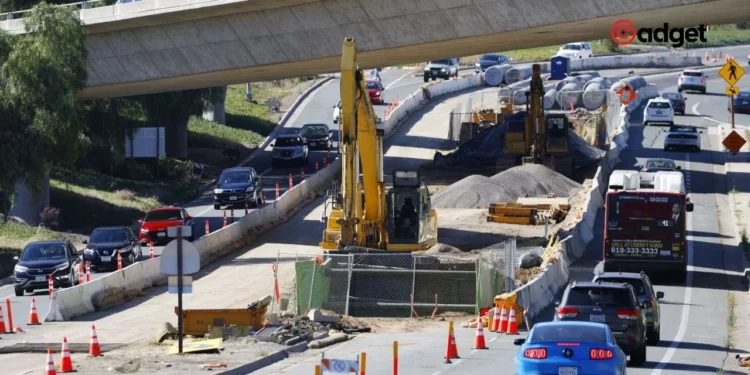California is poised to revolutionize how it funds road maintenance by replacing the traditional gasoline tax with a new, mileage-based system. As the largest electric vehicle (EV) market in the United States, California’s shift toward EVs has significantly reduced the state’s gasoline tax revenue, which has traditionally been pivotal in funding road infrastructure.
To counter this financial shortfall, state officials are initiating a pilot program in August 2024, exploring a more sustainable funding model aligned with the evolving automotive landscape.
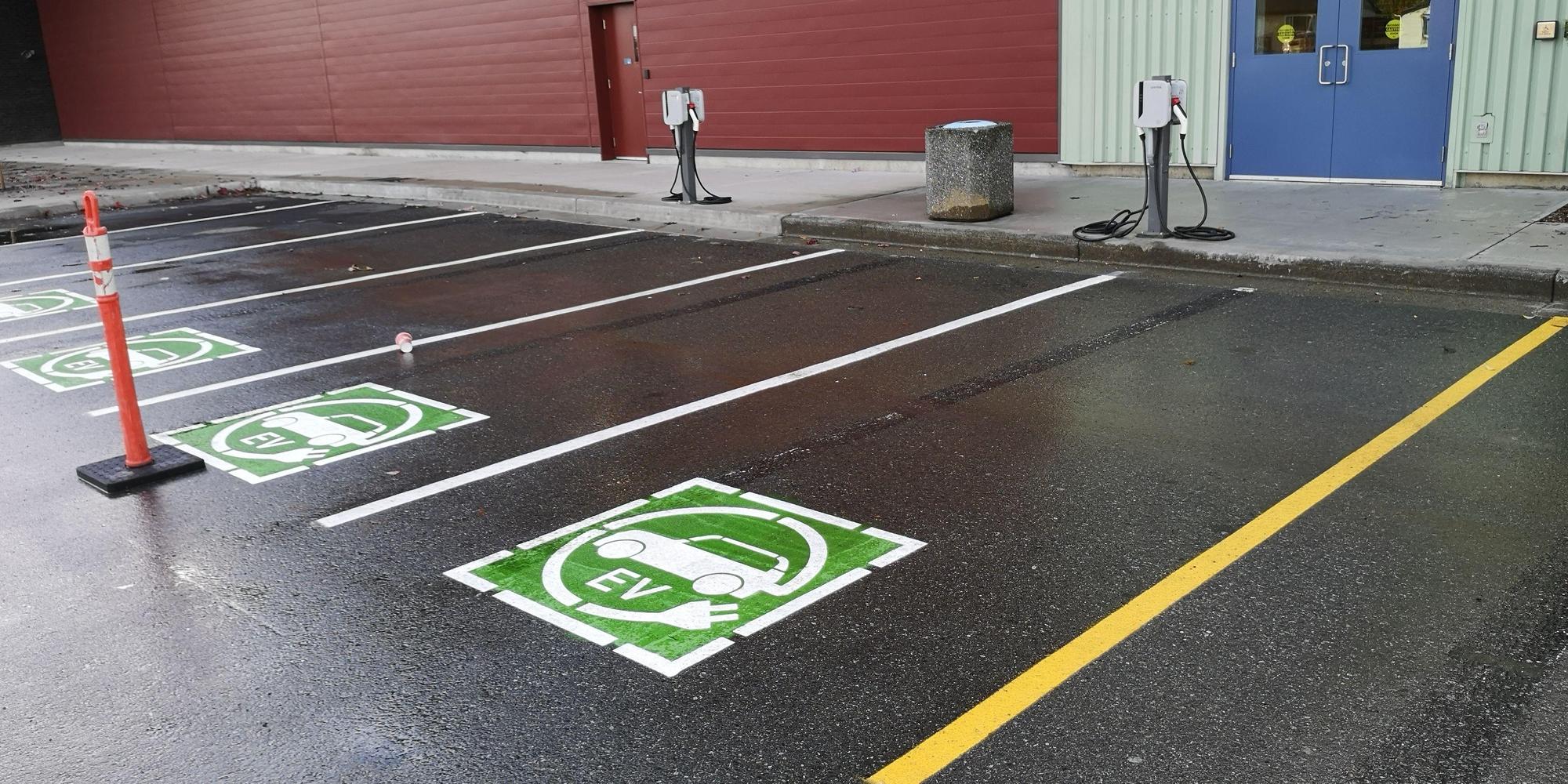
The Impetus Behind the Change
Lauren Prehoda, a spokesperson for Caltrans, outlined the financial challenges posed by the rising number of EVs and hybrids. “The vast majority of road maintenance funds come from gasoline taxes, and with over 2.4 million electric and hybrid vehicles on our roads, we’re seeing a substantial decline in these revenues,” Prehoda explained.
This shift comes as California prepares to ban the sale of gasoline-powered vehicles by 2035, anticipating a future where gas tax revenues could plummet to zero. Currently, EV owners pay a $100 annual registration fee, significantly less than the average $300 paid by drivers of gasoline vehicles, leading to a projected annual revenue loss of $200 million.
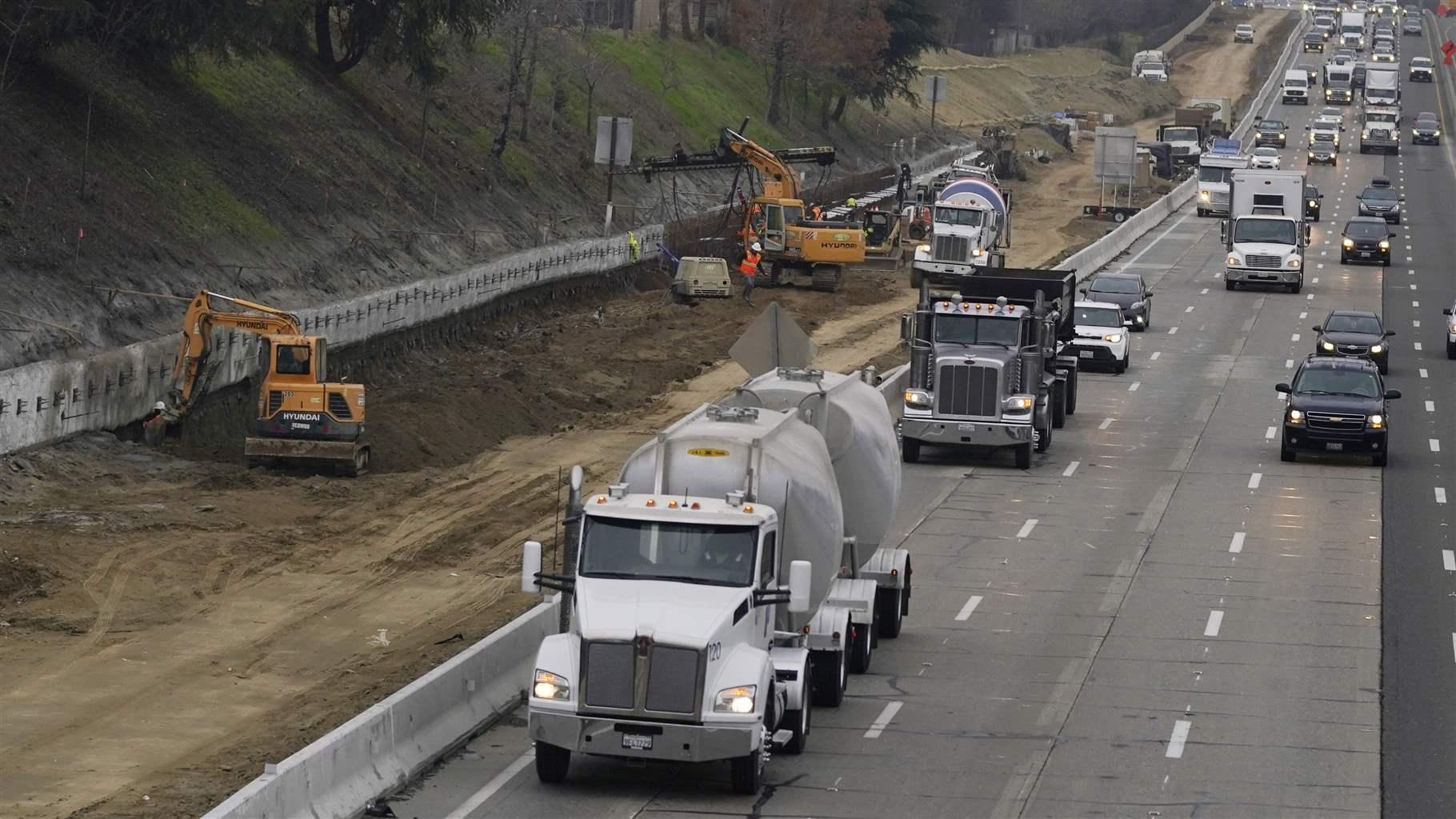
Introducing the California Road Charge
The proposed solution, dubbed the California Road Charge, aims to tax drivers based on the number of miles they drive rather than the amount of gasoline they consume. This system, still in the prototype stage, offers potential tax rates of $.02, $.03, and $.04 per mile. Preliminary simulations suggest that some drivers could see financial benefits.
For instance, a driver of a 2023 Honda Pilot driving 1,000 miles a month would face a Road Charge of $20 to $40, potentially less than the current $27.57 in fuel taxes they pay now. However, EV drivers might find themselves paying more, as they currently bypass gasoline taxes altogether.
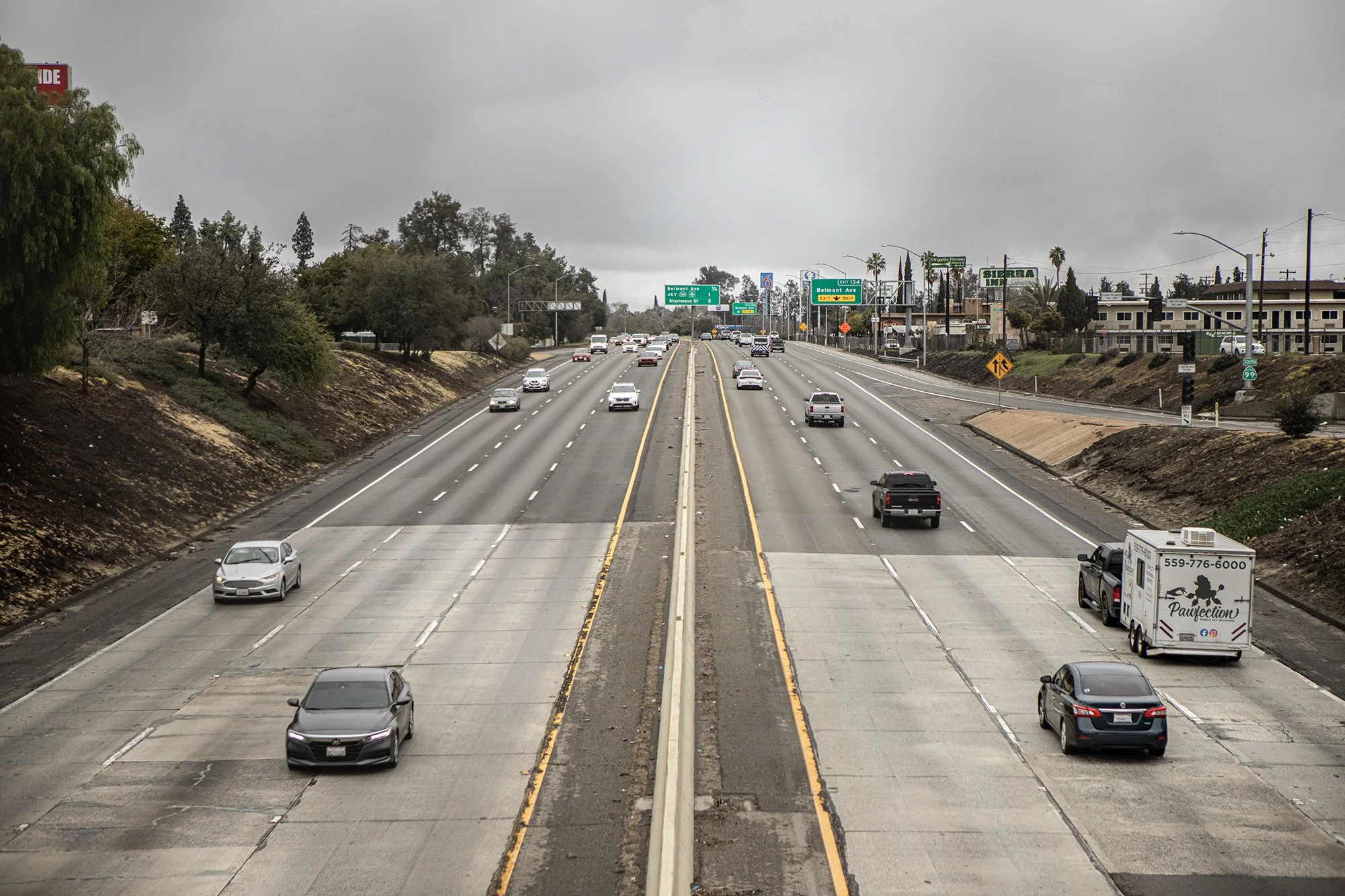
Tracking Mileage: A Question of Privacy and Efficiency
One of the pilot program’s key aspects is the flexibility it offers drivers in how their mileage is tracked. Options range from high-tech solutions, like using built-in vehicle tracking systems, to low-tech methods, such as submitting odometer readings.
“Everyone has different levels of comfort when managing our data between efficiency and privacy,” said Prehoda, emphasizing the importance of providing diverse options to accommodate all drivers.
Joining the Pilot Program
Interested drivers can apply to participate in the pilot through the California Road Charge website, with selections made in July 2024. Participants will make monthly Road Charge payments and complete surveys to provide feedback on their experience.
To enhance participation, Caltrans is offering incentives like refunds on gasoline taxes or EV registration fees, and up to $400 in gift cards.
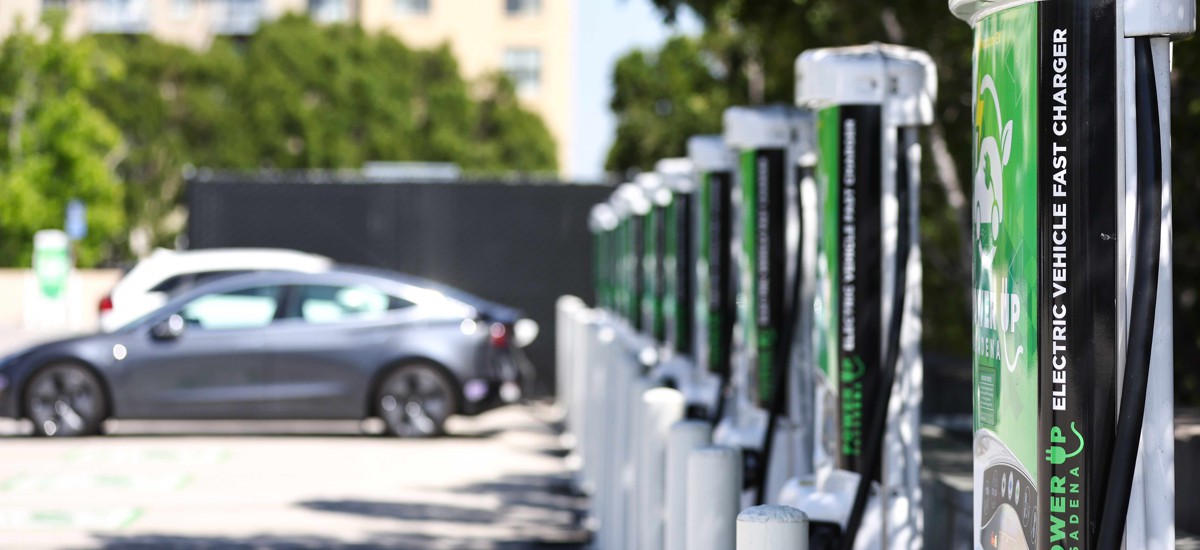
Evaluating the Future of Road Funding
The pilot program’s results will be crucial in determining whether the Road Charge should permanently replace the gasoline tax. This innovative approach reflects California’s commitment to adapting its policies in line with technological advancements and environmental considerations.
As the state transitions away from fossil fuels, the success of this program could set a precedent for how roads are funded nationwide in an increasingly electric future.

